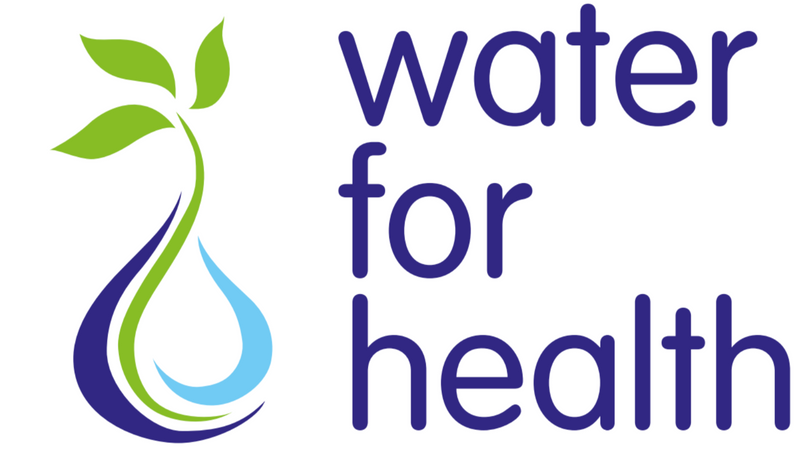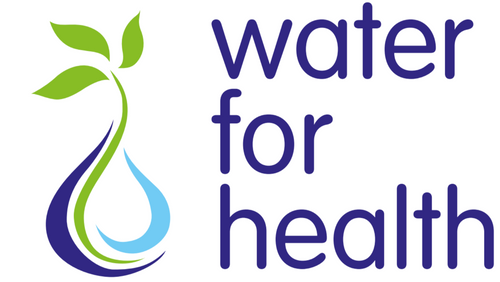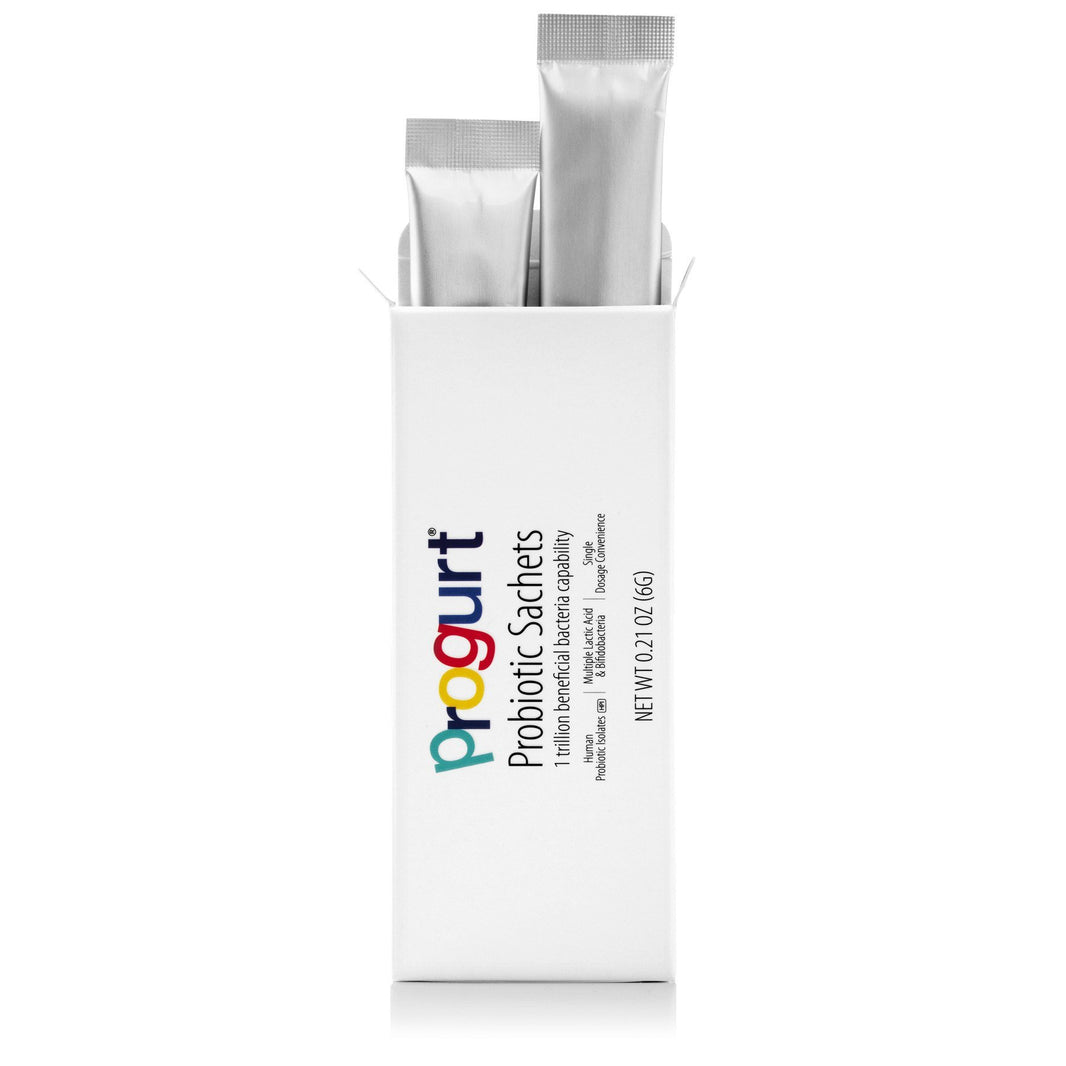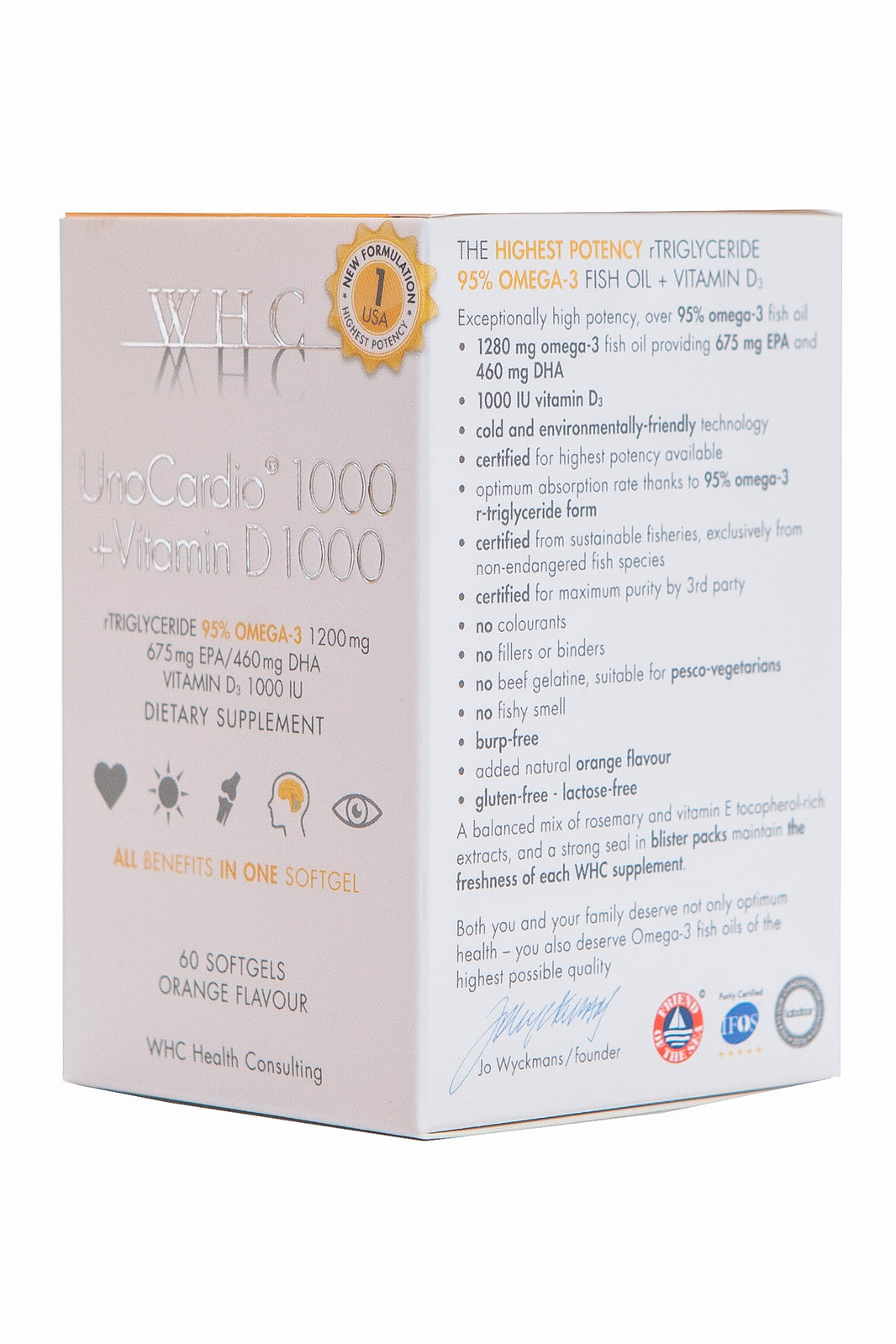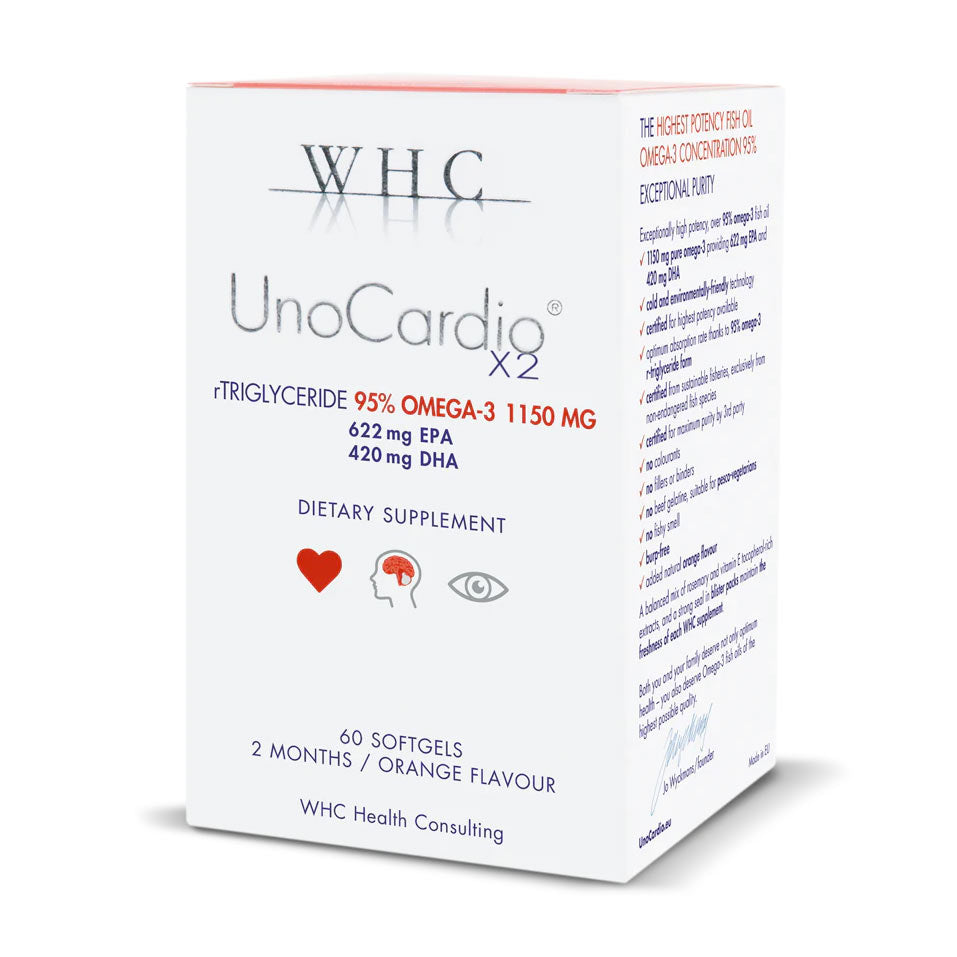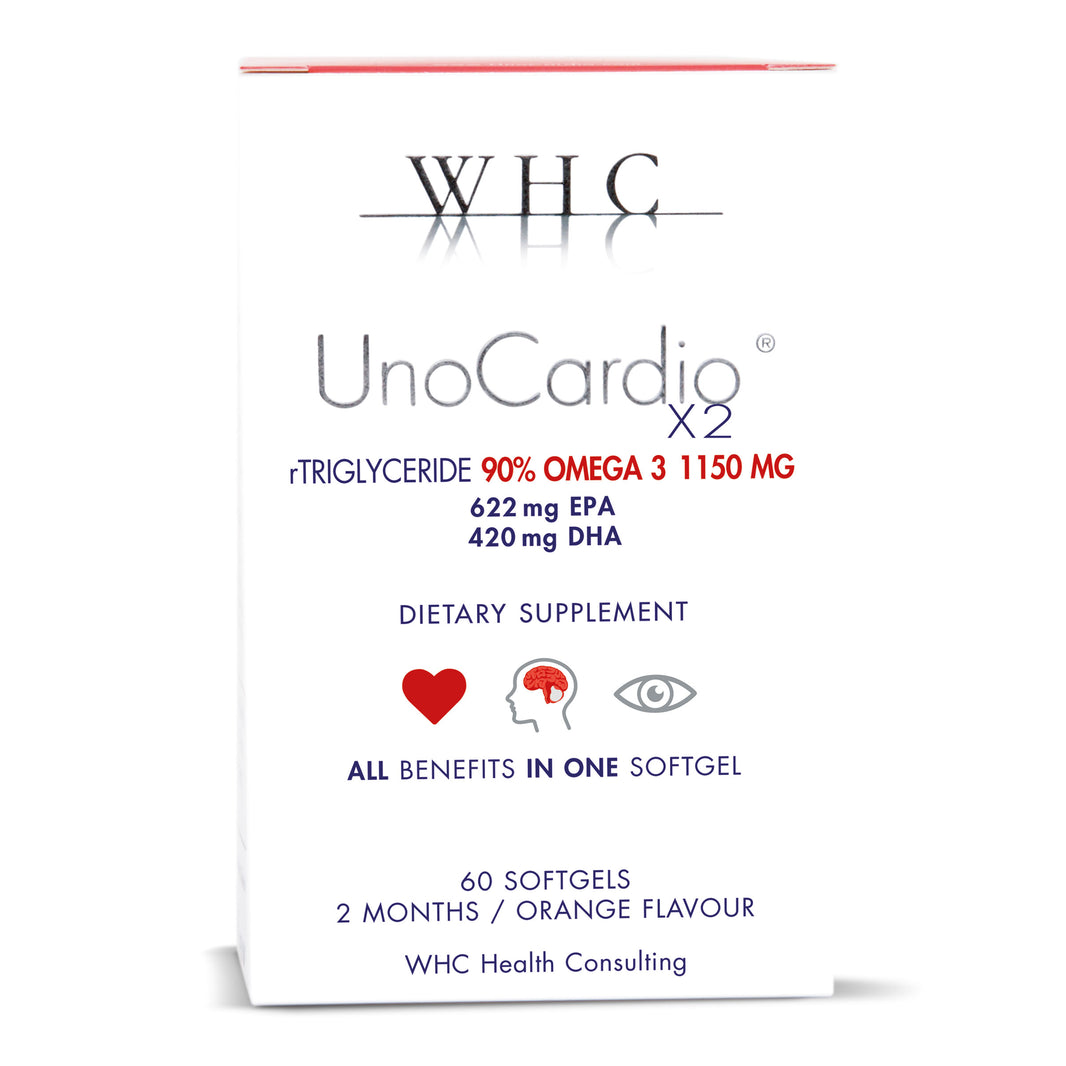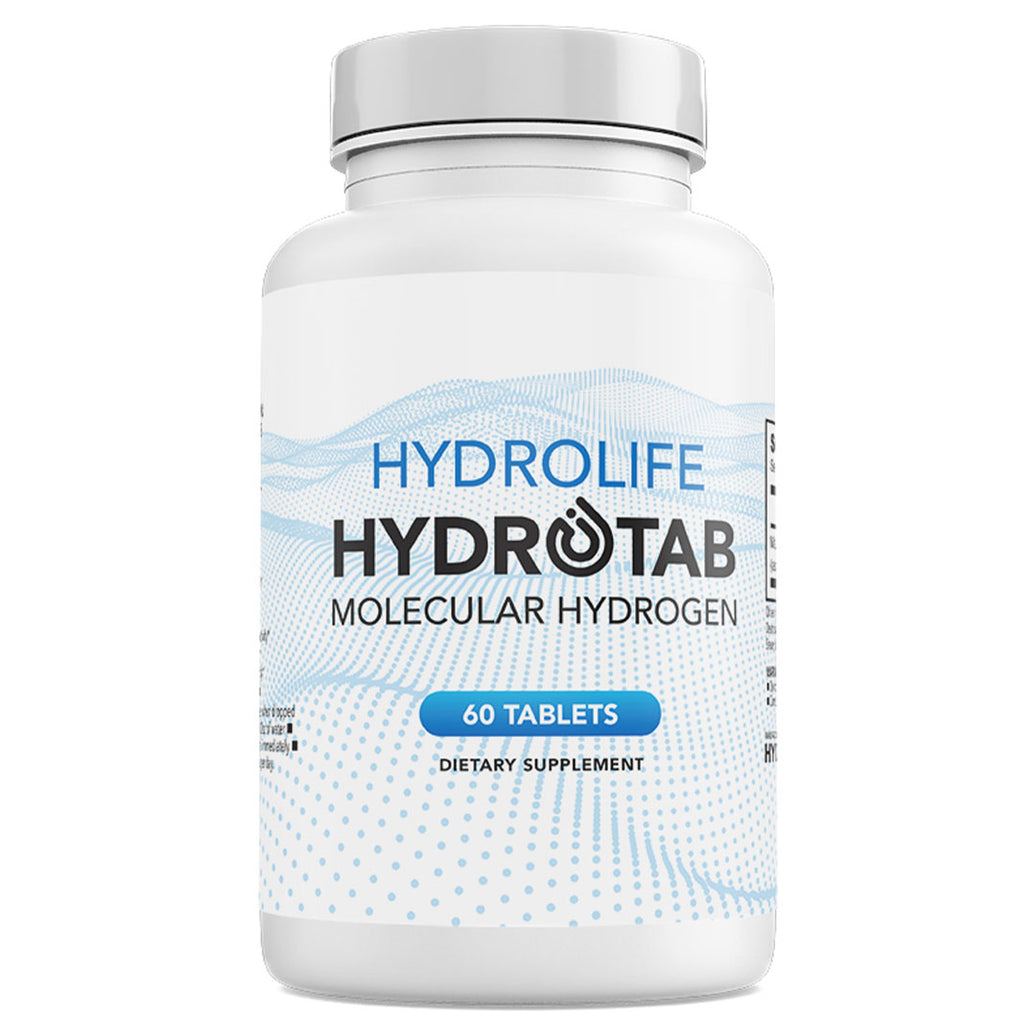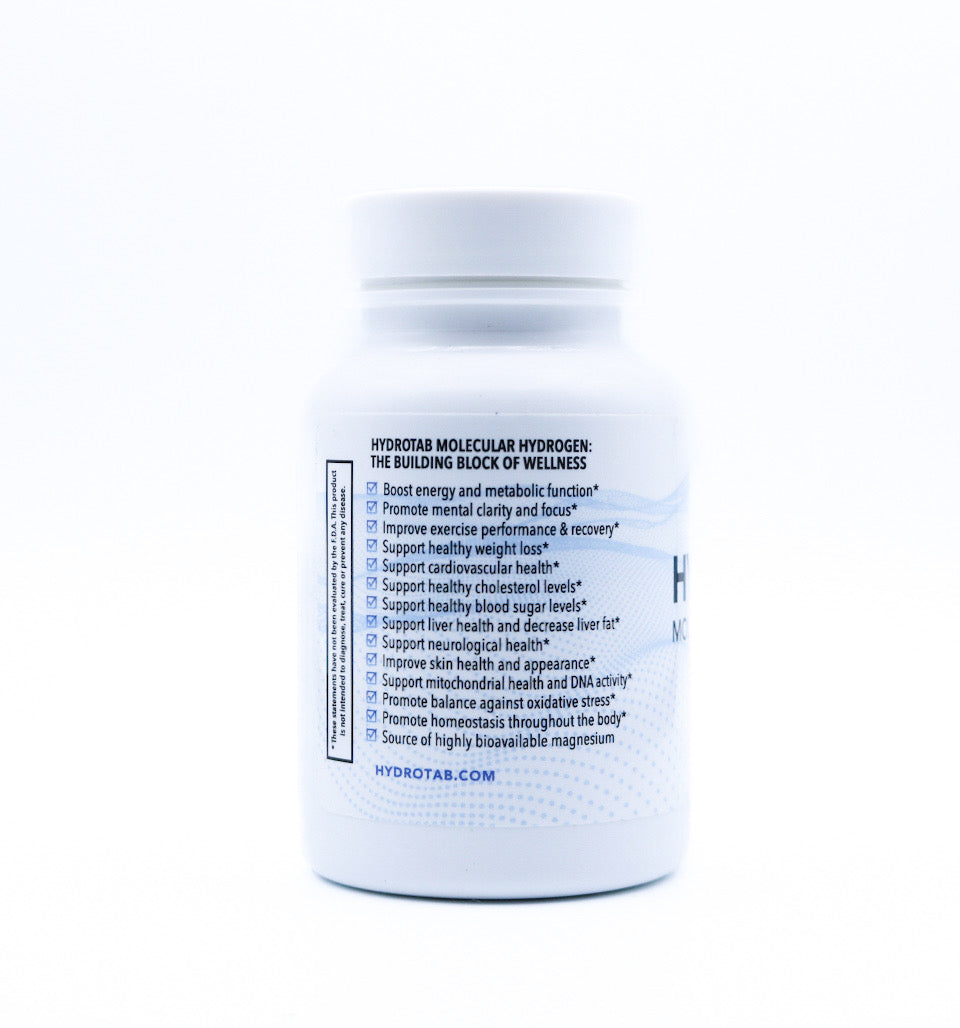For decades, the healthcare landscape has painted a picture of pills and procedures as the primary weapons against illness. While these interventions have their place, neglecting the power of food in our arsenal is a costly oversight. In the UK, where chronic diseases like heart disease, diabetes, and cancer claim countless lives, a paradigm shift is needed. We must recognise that food isn't just fuel for our bodies; it's powerful medicine, often the first line of defence against illness.
This isn't just wishful thinking. Mounting scientific evidence underscores the profound impact of diet on health. A 2017 study published in The Lancet found that poor diet is the single leading risk factor for global death and disability, contributing to 11 million deaths in 2017 alone [1]. Closer to home, Public Health England reports that diet-related ill health costs the NHS a staggering £74 billion annually, a figure dwarfing the cost of smoking and alcohol combined [2].
The implications are clear: embracing a healthy diet is not just a personal choice, it's a national imperative. But how do we translate this knowledge into action? Here's why you, as a discerning UK citizen, need to prioritise food as the foundation of your health, even if your doctor doesn't explicitly mention it:
Food is Medicine - Why Food Should Be Your First Line of Defense

- Targets the Root Cause: Unlike most medications, which treat symptoms, food addresses the underlying imbalances that contribute to disease. For example, chronic inflammation, a key player in many chronic conditions, can be significantly reduced by a diet rich in fruits, vegetables, and whole grains, while minimising processed foods, sugar, and unhealthy fats. A 2018 study in the Journal of the American Medical Association found that a Mediterranean-style diet significantly reduced inflammation markers in patients with heart disease [3].
- Personalised Medicine: No two bodies are the same, and what works for one person may not work for another. Food allows for individualisation, enabling you to tailor your diet to your specific needs and health goals. This is especially crucial for managing chronic conditions, where one-size-fits-all approaches rarely succeed. A 2020 review in the journal Nutrients found that personalised dietary interventions were more effective in managing type 2 diabetes than generic dietary advice [4].
- Empowers You: Taking control of your health through food is incredibly empowering. It shifts the focus from passive dependence on medications to active participation in your own well-being. This can be a powerful motivator, leading to sustained dietary changes and improved health outcomes. A 2019 study in the journal BMJ Open found that patients who participated in a cooking intervention for diabetes management reported increased self-efficacy and better glycemic control compared to those receiving standard care [5].
Bridging the Gaps in Food's Power
While prioritising food doesn't negate the importance of medical interventions, it redefines their role. Imagine food as the cornerstone of your health, with medications and procedures acting as targeted tools to address specific issues when necessary. This holistic approach is not only more effective but also aligns with the NHS's long-term plan to promote preventative healthcare and empower individuals to take charge of their own health.
However, acknowledging the power of food isn't enough. We need to address the challenges that hinder its effectiveness. One major concern is the nutritional depletion of our soil, a consequence of intensive farming practices. This translates to fruits and vegetables with lower levels of essential nutrients [6].
Nature's Helping Hand: Fulvic Acid Supplementation

To bridge this gap, supplements like Revitacell Fulvic Restore can be valuable allies. This specific fulvic acid supplement, extracted from ancient plant minerals without chemicals, has several unique advantages:
- High Hydrophobic Fulvic Acid: This type of fulvic acid is best absorbed by human cells, making Revitacell Fulvic Restore more effective than many other supplements [7].
- Rich in Trace Minerals: It provides a natural source of over 70 trace minerals, often missing from our modern diet, and crucial for optimal health [8].
- Improved Nutrient Absorption: Fulvic acid has been shown to enhance the body's ability to absorb nutrients from food, further optimising the benefits of your healthy diet [9].
Revitacell Fulvic Restore is just one tool in your health arsenal. It's not a magic bullet, but when used alongside a nutritious diet and healthy lifestyle habits, it can support your body's natural healing potential and optimise your overall well-being.
In conclusion, it's time to break free from the outdated notion that food is merely sustenance, and instead embrace food as the most potent medicine we have, readily available and brimming with potential. By prioritising a healthy diet, we are empowering ourselves and taking control of our health. Both physically and mentally.
Written by Amy Morris, BSc (Hons) Nutritional Therapy. Amy has been a nutritional therapist for 12 years, specialising in recent years as a functional medicine nutritional therapist. Women’s health, and pre-diabetes and type 2 diabetes prevention are Amy’s specialist areas. Diagnosed with a chronic condition called endometriosis at age 20, this is what motivated Amy to study nutrition. Amy has been in remission for 6 years now, attributing powerful nutrition, lifestyle and bio-identical hormone strategies she now shares with her client’s for that.
Water for Health Ltd began trading in 2007 with the goal of positively affecting the lives of many. We still retain that mission because we believe that proper hydration and nutrition can make a massive difference to people’s health and quality of life. Click here to find out more.
References:
- The Lancet: https://pubmed.ncbi.nlm.nih.gov/30084915/
- Public Health England: https://pubmed.ncbi.nlm.nih.gov/21562029/
- Journal of the American Medical Association: https://pubmed.ncbi.nlm.nih.gov/24925270/
- Nutrients: https://www.mdpi.com/2072-6643/12/9/2722
- BMJ Open: https://pubmed.ncbi.nlm.nih.gov/15723895/
- Natural News: https://www.naturalnews.com/
- Health Line: https://www.healthline.com/nutrition/fulvic-acid
- Health Line: https://www.healthline.com/nutrition/micronutrients
- Health Line: https://www.healthline.com/nutrition/fulvic-acid
